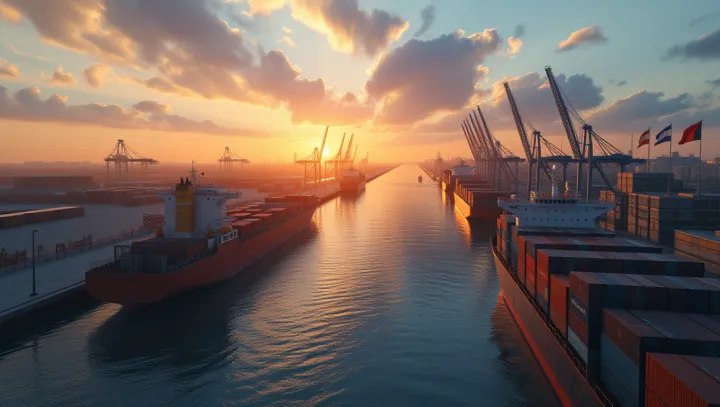Will the Suez Canal Always Guide Global Trade?

The Suez Canal, a 193 km long artificial waterway, remains an irreplaceable artery in global trade. This vital link between the Mediterranean Sea and the Red Sea facilitates approximately 10% of global shipping. Located in Egypt, the canal attracts significant attention due to its strategic importance in routing crucial maritime traffic.
Recently, geopolitical tensions and environmental challenges have highlighted the canal's pivotal role in maintaining economic stability. Experts emphasize that any disruptions could have profound ripple effects on global markets, particularly in the energy sector. The canal's capacity to accommodate the growing demand for shipping underlines its enduring relevance.
According to Jane Waters, a maritime analyst, 'The Suez Canal's efficiency and reliability are non-negotiable for global supply chains.' With ongoing investments in technology to enhance traffic management, the canal authorities aim to optimize passage efficiency, solidifying the canal's future as a central hub in global commerce. In conclusion, as international shipping steadily increases, the Suez Canal's ability to support burgeoning commerce remains indispensable. The world closely watches this narrow passage, conscious of its power to shape market dynamics and ensure the seamless flow of goods across continents.
